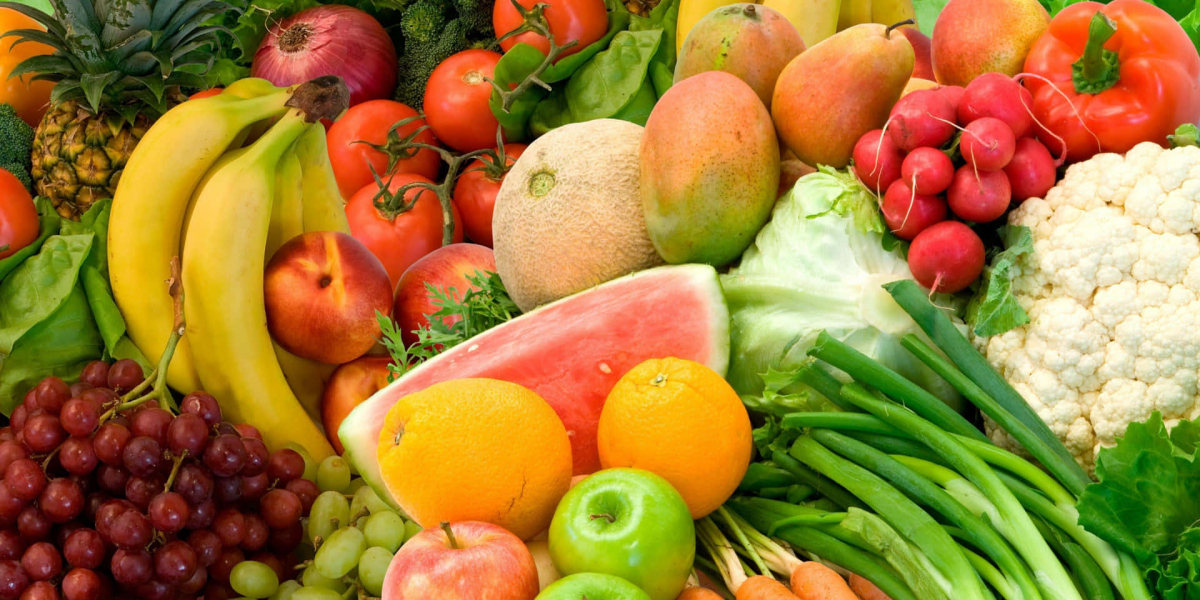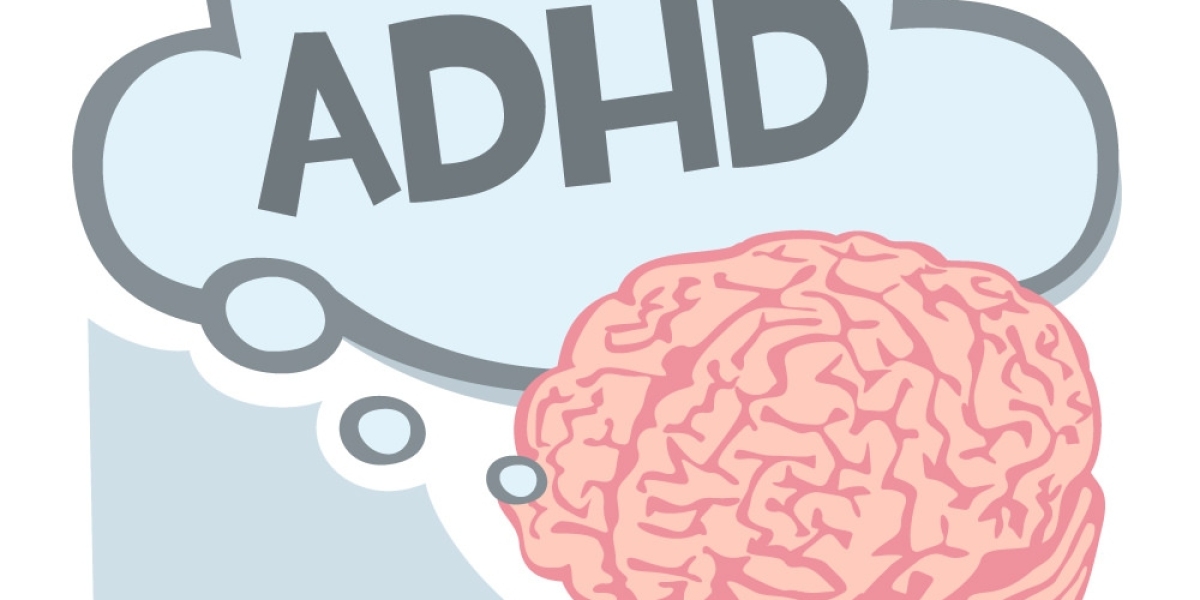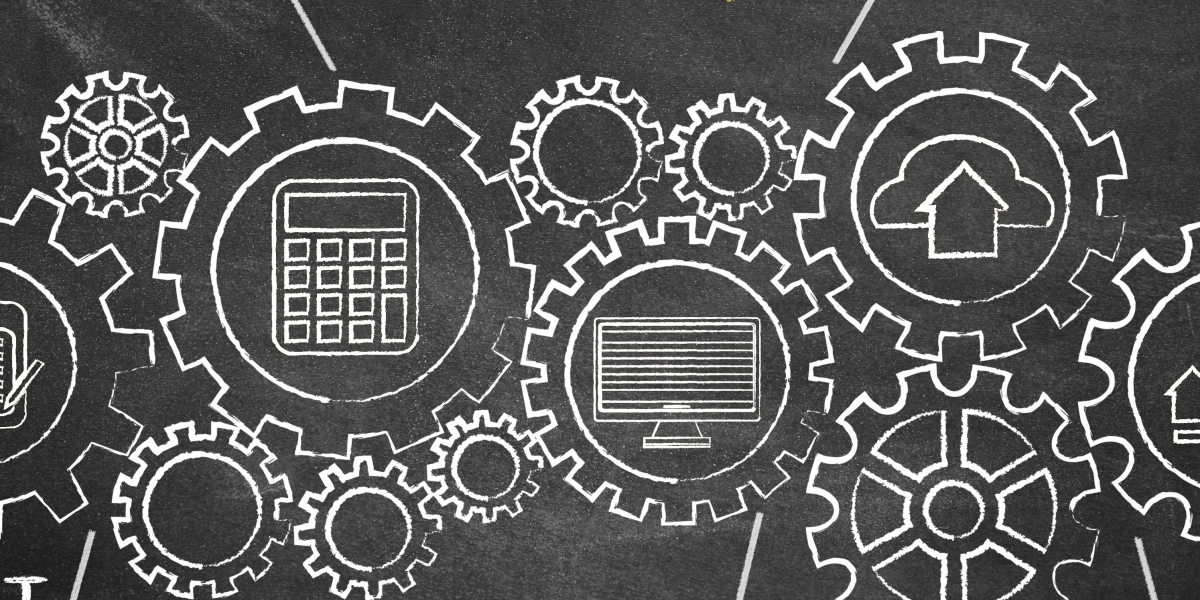The most harmful diets.
What is a diet?
A diet is a set of rules for human food consumption, which is characterized by such factors as chemical composition, physical properties, culinary processing of food, time and intervals of eating. However, many perceive a diet solely as a restriction of their diet or a means for losing weight and, experimenting with another method, do not even think about the consequences. It is worth remembering that a diet is a diet aimed at achieving certain goals. There are many weight loss methods that have only a temporary effect, and cause so much harm that it can take forever for the body to recover. So, what are the most harmful diets?
Mono diet
kefir and apple diet
The idea of the diet is to reduce your entire diet to the consumption of only one type of product. Any mono-diet is extremely unbalanced and focused on weight loss due to muscle tissue. It is always worth remembering that only one type of food is not able to provide the body with all the necessary range of nutrients for life. For example, if you eat only rice day after day, you can provoke a thickening of bile and the formation of gallstones. Protein deficiency in the body lowers the level of hemoglobin in the blood. And the almost complete absence of vitamins forces you to take chemical vitamin preparations, which in turn increase appetite and hunger. If you only have cottage cheese in your diet, we get a colossal protein load and a violation of calcium metabolism. The kefir diet entails a complete absence of carbohydrates and, disrupting intestinal peristalsis, provokes constipation or loose stools. Exclusive consumption of vegetable oil for the purpose of cleansing the intestines causes the formation of stones in the bile ducts. A carrot mono-diet provokes “carrot hepatitis” with a characteristic yellowing of the skin, and in general, exclusively raw vegetables in the diet have a very painful effect on the enzymatic systems of the body, depleting the liver and pancreas.
Atkins Diet
The idea is to minimize the consumption of foods high in refined carbohydrates (bakery and pasta, sugar, cereals, etc.) and eat foods rich in proteins and fats (meat, cheese, sausage, eggs). To obtain the necessary energy, the body breaks down fat deposits instead of carbohydrates. In addition to the deficiency of minerals and vitamins, the main drawback is that glucose obtained from carbohydrates is needed to supply the brain with energy and normal muscle function. And their intake is limited. So it turns out that all available glucose goes to the muscles. Following the Atkins diet is fraught with loading the body with a large amount of cholesterol, purine, protein and fat, which can cause cardiovascular diseases, atherosclerosis, stone formation, disruption of the digestive system, as well as liver and kidney diseases.
Protein diets
The basis of such weight loss methods consists of protein foods and implies the exclusion of fast carbohydrates from the diet. This diet differs favorably from other others in that during its observance it is necessary to eat often and variedly. Despite the apparent simplicity and usefulness, protein diets are harmful because they create an increased load on the kidneys, wash calcium out of the body, increase blood clotting and the risk of blood clots in the vessels. As a result of the lack of the necessary amount of fatty acids, microelements and vitamins, fatigue increases, problems with the gastrointestinal tract and sleep disorders arise.
Low fat diets
These dangerous diets require a sharp limitation of food consumption that contains fats. It is believed that this way the body will start to receive energy from its own reserves of subcutaneous fat. It is generally accepted that reducing fat consumption significantly reduces the risk of developing cardiovascular diseases. However, a low-fat diet forces you to enrich your diet with carbohydrates. And increased consumption of fast carbohydrates leads to a sharp increase in blood sugar, which in turn is fraught with the development of diabetes and heart disease. The body stops receiving vital fat-soluble vitamins A, E, D, K. And the work of all organs and systems significantly deteriorates. Low-fat diets increase the level of triglycerides, the so-called "bad" fats, and lower the level of "good" cholesterol. And this is an increased risk of heart disease and hypertension. In addition, people on a low-calorie diet suffer from a constant feeling of hunger.
Starvation
Long-term fasting is considered harmful and ineffective, if only because by completely giving up food intake, the body will use up not only excess fat mass, but also available muscle tissue and water. Metabolism slows down and at the end of the fast there is a good chance to regain the lost kilograms, and with interest. Fasting can easily "wake up" diseases that the fasting person did not even suspect. In addition, the diet is accompanied by nausea, headaches, weakness, bad breath. Adhering to this method, the kidneys and liver are disrupted, toxins accumulate and poisons are formed that affect the nervous system and the cerebral cortex.
Express diet
Style Results
A diet, in essence, is a properly selected diet, the choice of which should be made by a specialist, based on existing needs and requirements. It is necessary to understand and realize that you will have to live with such a diet until the end of your days. After all, an incorrectly selected diet, which is followed only from time to time, is just a short path to nowhere. After achieving the desired result, the diet is not stopped, but revised. After all, a diet is a lifelong journey!









